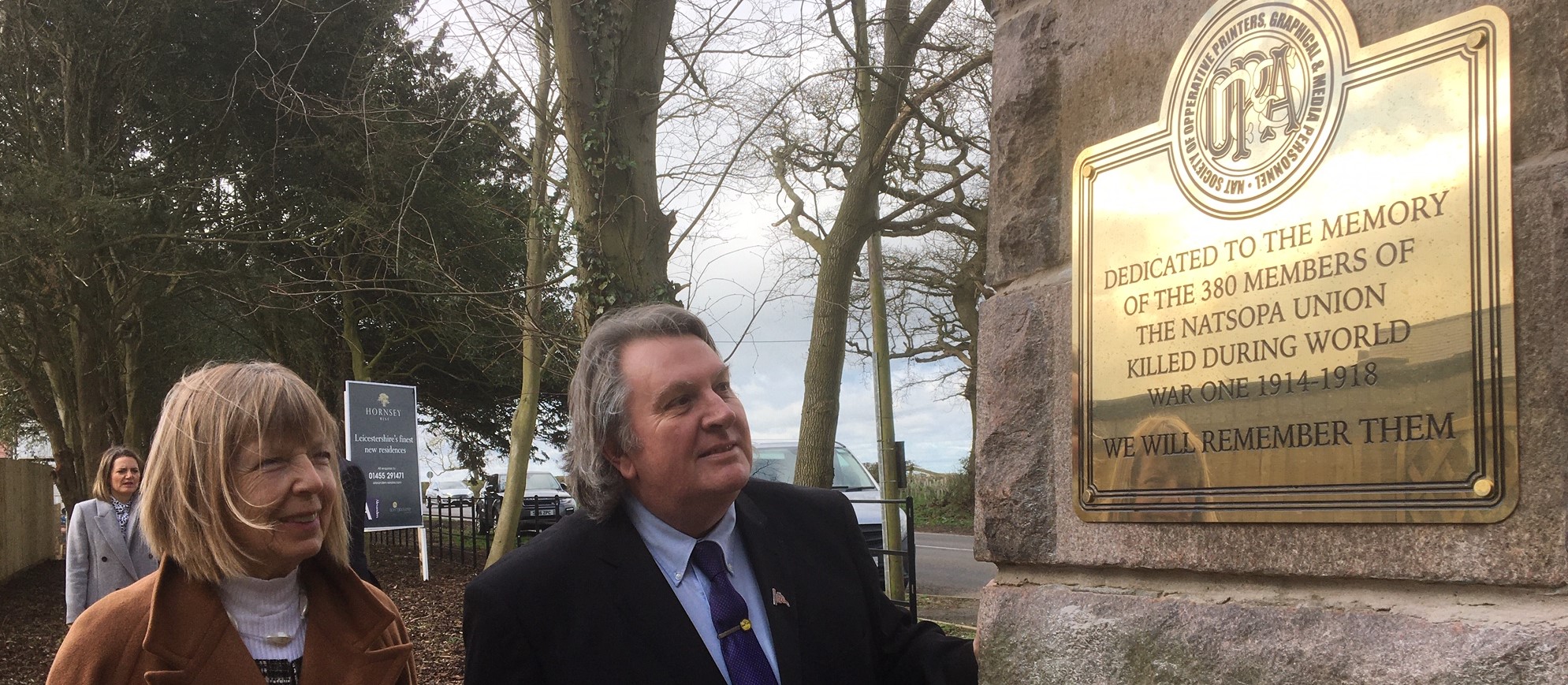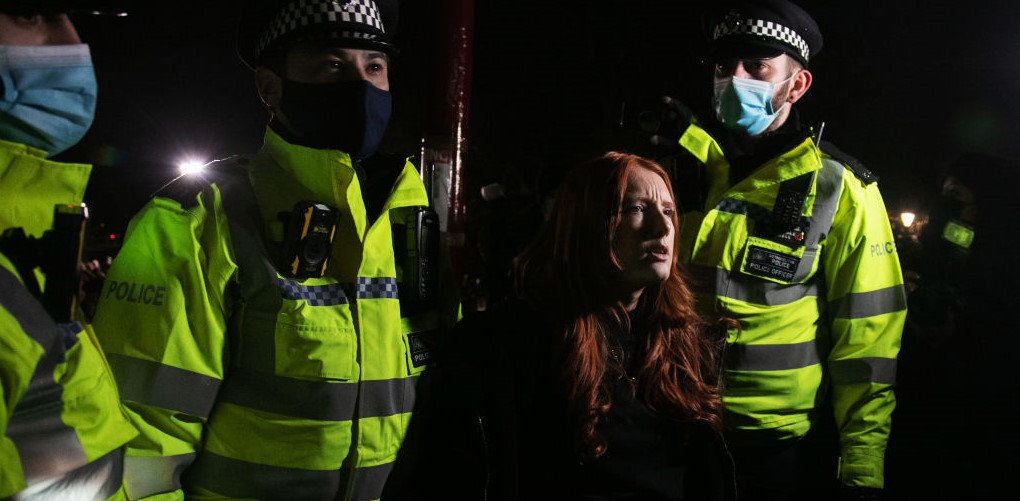Shift in the balance of power
The war did not find Britain unified. Dissenting voices called for workers to unite against â€the capitalists’ war’. Supporting Tsarist Russia seemed particularly repugnant. The Army was seen by some as the bosses’ lackey in turning its guns against protesting workers in recent years at Tonypandy, Llanelli and elsewhere.
Conscientious objectors fought lonely battles. Mill worker Arthur Gardiner – later Huddersfield’s first Labour agent and then alderman mayor – was court-martialled, imprisoned and forced to do non-war-related work.
But a radical patriotism soon dominated – Britain was the seat of liberty and democracy and must stand up against Prussian militarism.
Britain’s war was also a multi-cultural one. Belgians, Russians, even Somalians, helped keep British factories running. More than 1.5m Indian troops volunteered to fight – though hopes that this would earn better political rights were misplaced.
Likewise, in Britain, PM Lloyd George’s 1918 promises of â€homes fit for heroes’ soon rang hollow, with demobbed soldiers jobless and homeless.
After his snap Armistice call for a general election less than a month later, he was portrayed as electioneering over soldiers’ corpses. His Liberal–Tory coalition won on sheer inertia.
Still, the war had changed politics. With 8.4m women now eligible to vote, plus all men over 21 regardless of property ownership, the electorate was triple the pre-war one. One in three workers was now in a union. In 1918 Labour won its largest number of seats so far, and in 1924 formed a government for the first time.

Labour MP and former trade union leader Margaret Bondfield served in the first Labour government. She later became minister of labour – the first woman cabinet member ever. From TUC Library Collections
The wartime radicalisation of Scotland has lasted to this day. Irish independence was declared in 1919, though it did not become full reality for the southern counties until 1948.
Throughout these islands, authority and tradition were open to question as never before. The economic unrest held back during 1914–18 boiled over in the General Strike of 1926.
Labour MP Dan Jarvis believes that war centenary should put our vastly improved equality, voting and workplace situation in perspective as rights that were hard won and must not be taken for granted.

Emmeline Pankhurst is arrested outside Buckingham Palace, attempting to hand in a petition. From IMW
“In May 1914 we had suffragettes arrested outside Buckingham Palace for protesting over the right to vote,” he said. “A hundred years on we have important nationwide council elections, and most people chose not to exercise their right. That’s a very sad state of affairs.”
Unite assistant general secretary Steve Turner says the war centenary should serve as both a stern reminder and an inspiration.
“If it only focuses on the soldiers slaughtered in the trenches, it will completely ignore the huge gains in social progress made as a consequence. The war shifted the balance of power. It gave confidence to try and build a better society for all.
“We have a government now that’s trying to turn the clock back over 100 years on social progress that was fought and won by our parents and grandparents. We take for granted today, at our peril, the rights that we enjoy.
“We can take inspiration from that very bitter struggle during a traumatic time that changed society for the better.”
TOP IMAGE: Union dock workers picket docks in the 1926 General Strike. From TUC Library Collections
 Like
Like Follow
Follow



